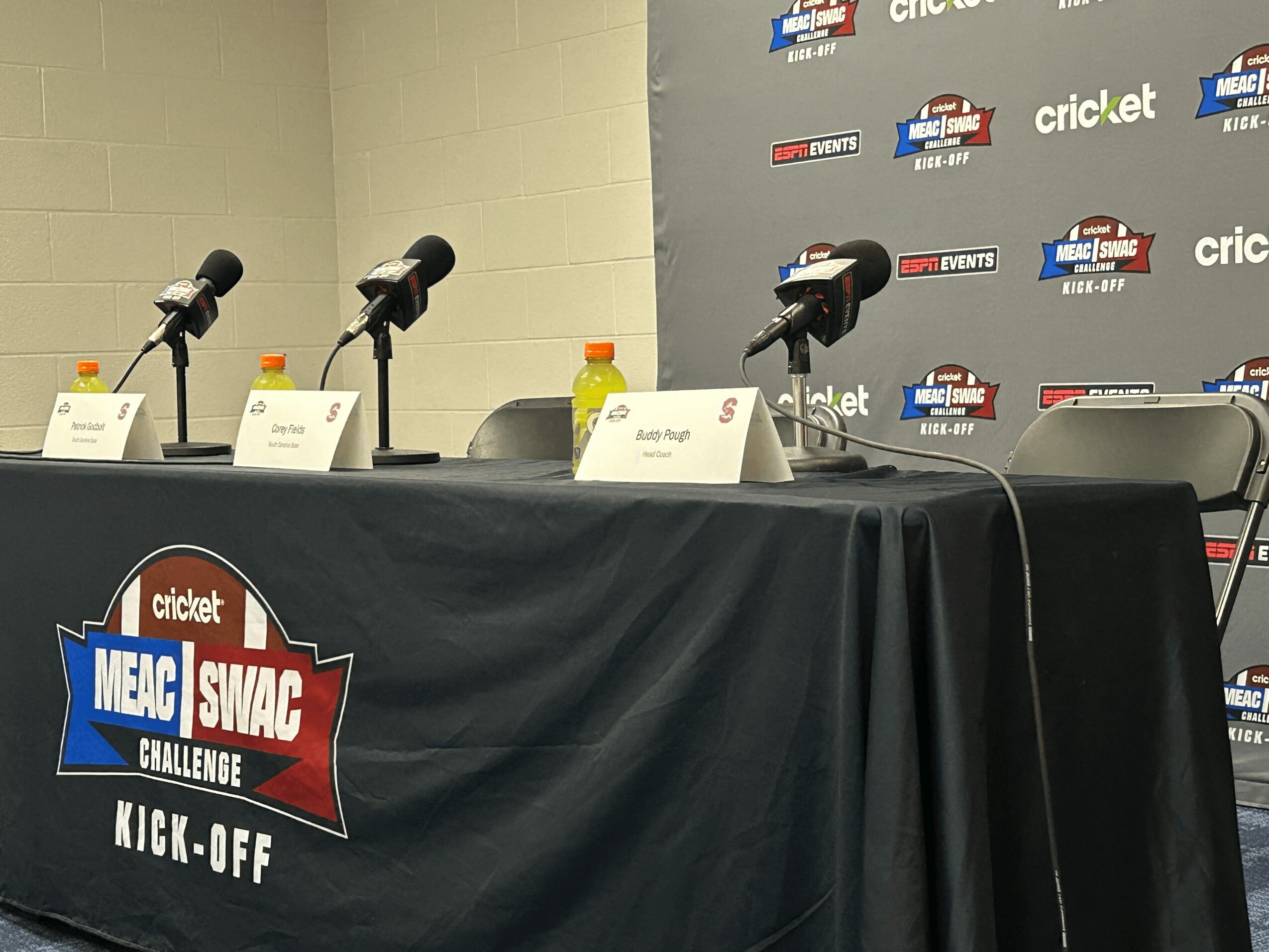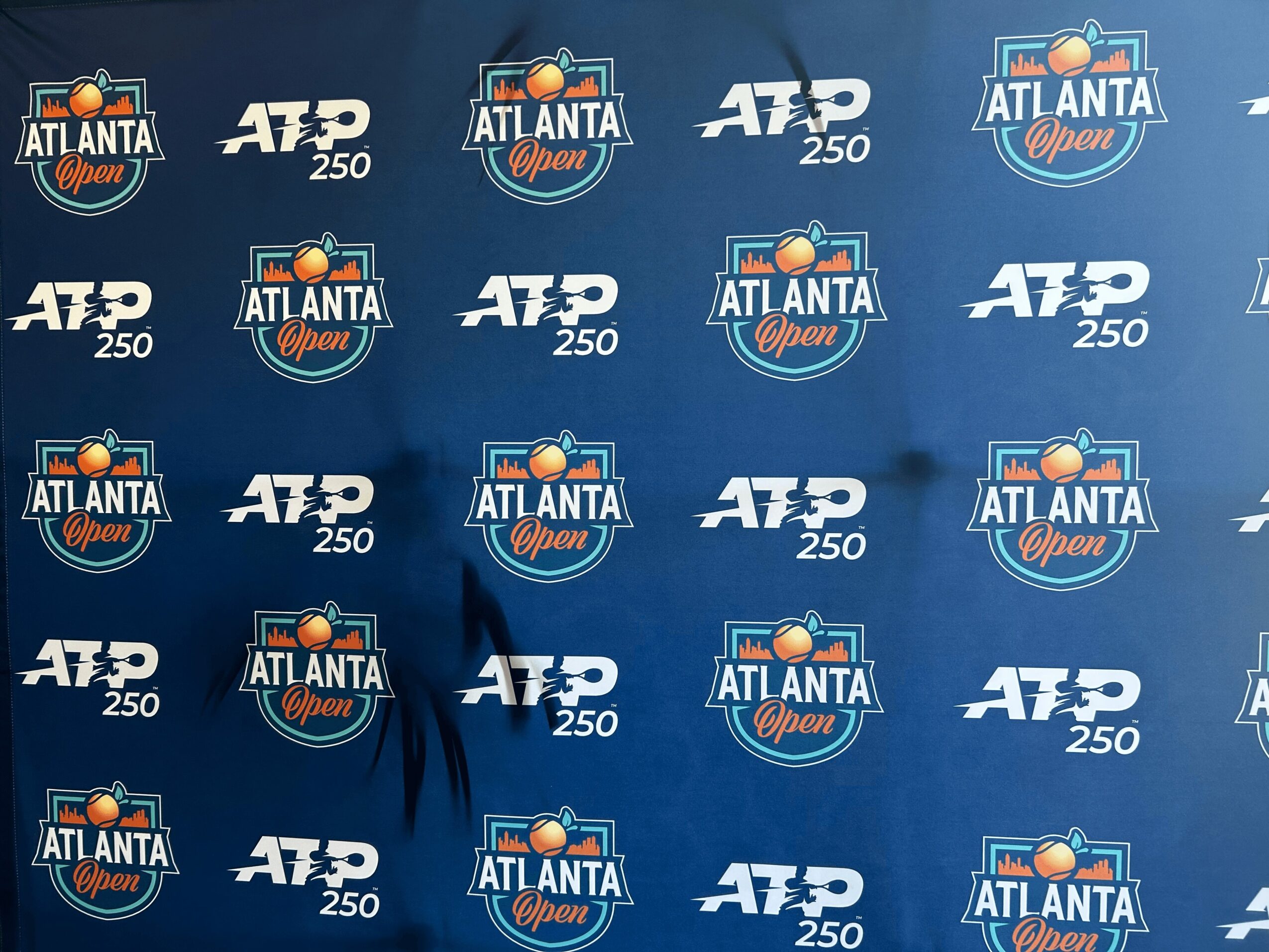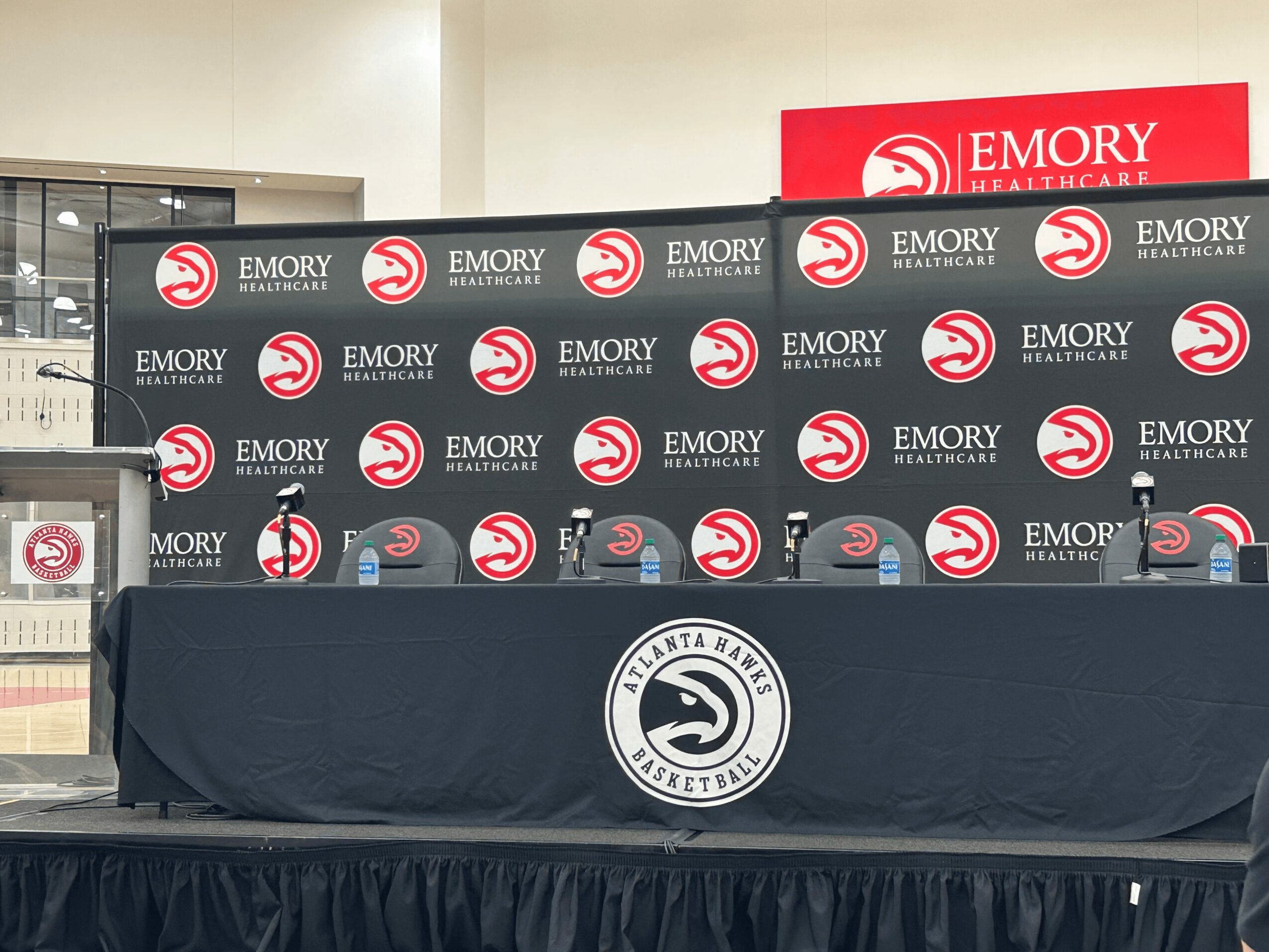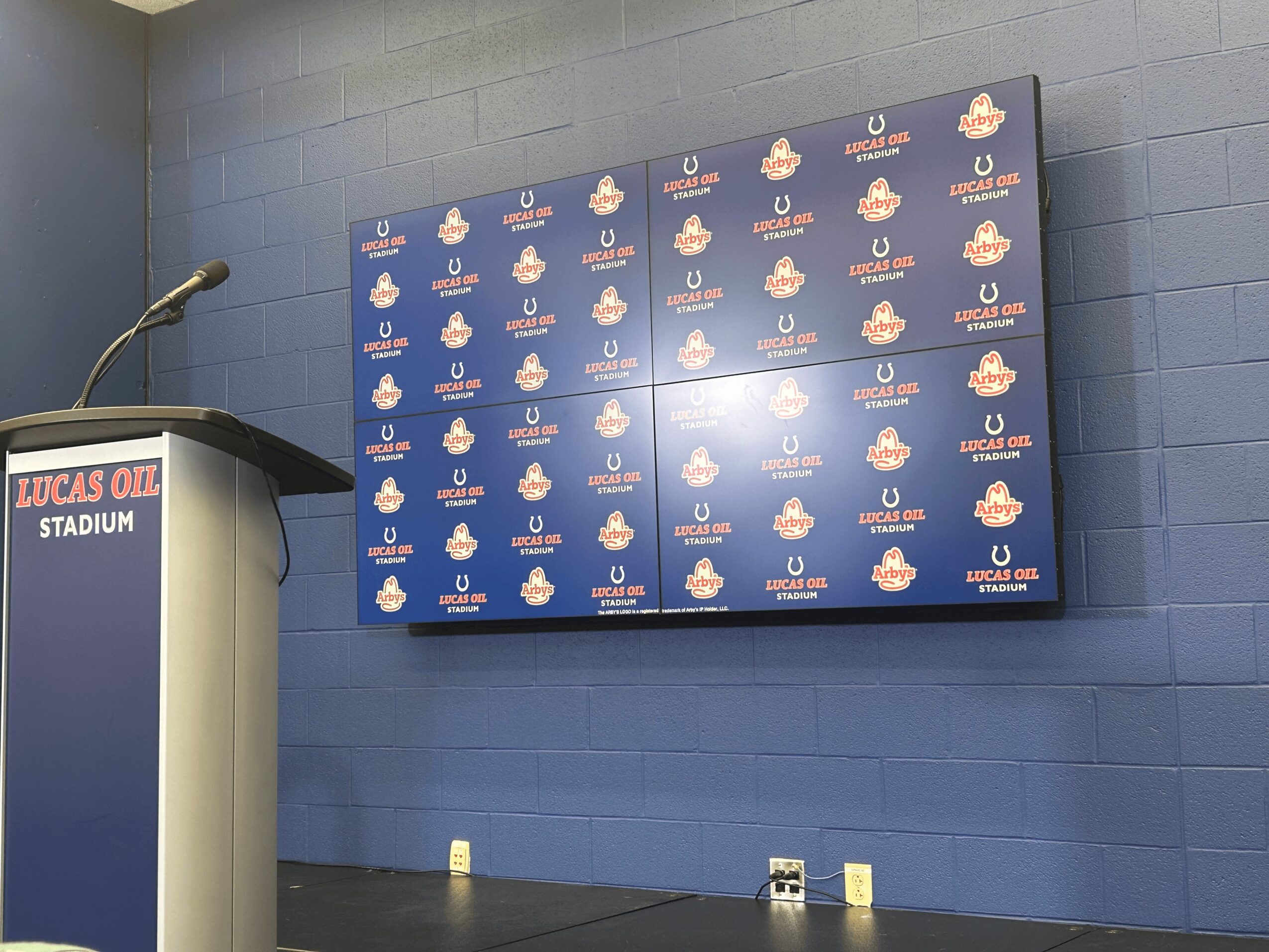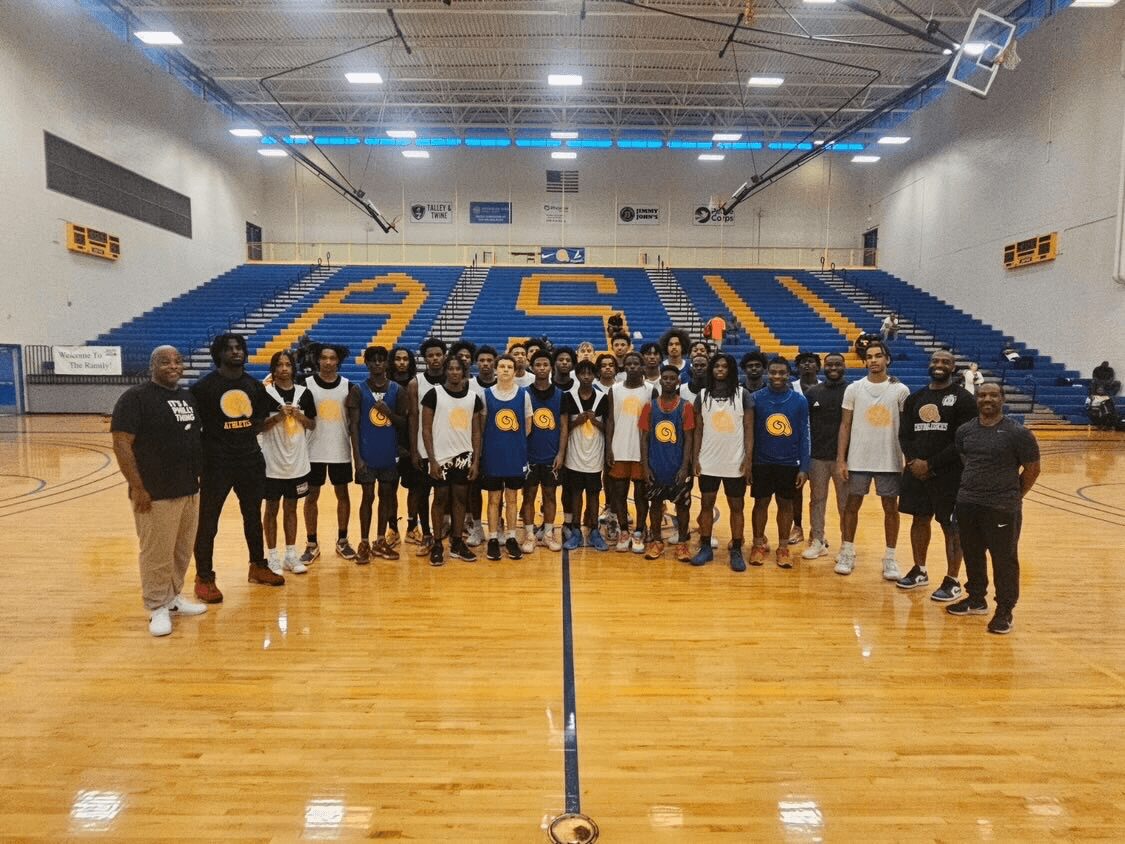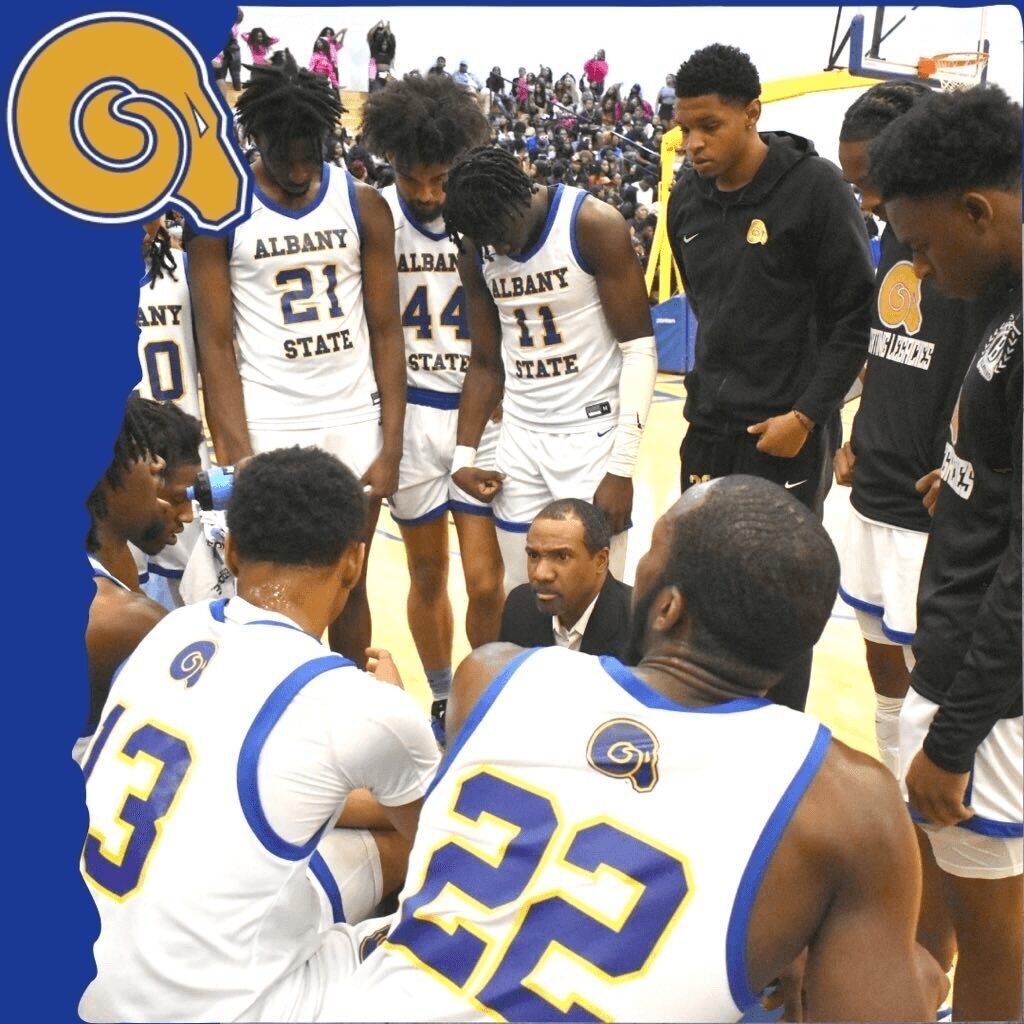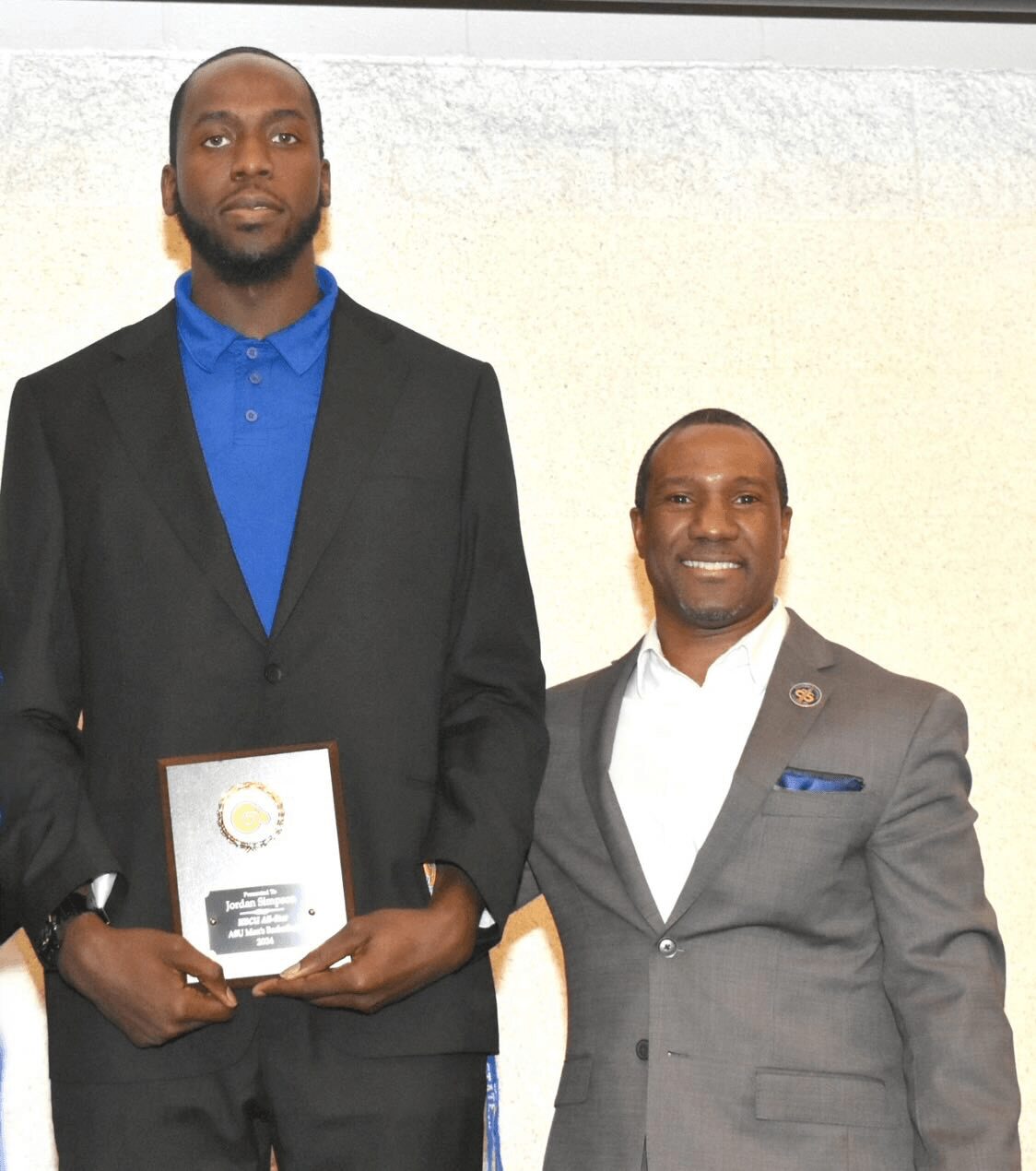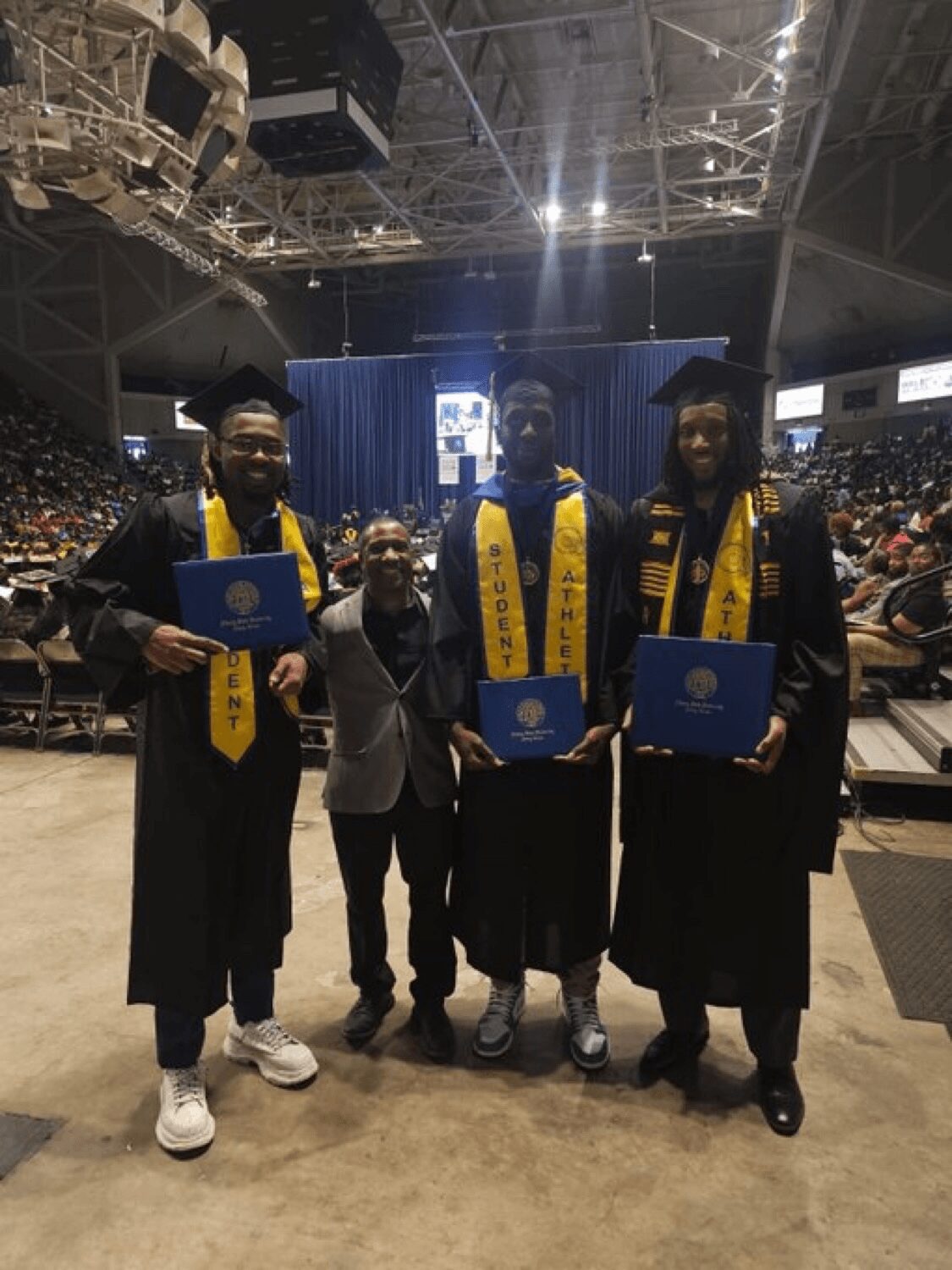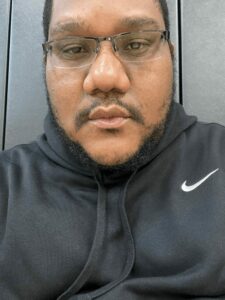 Today we’d like to introduce you to JR McHenry.
Today we’d like to introduce you to JR McHenry.
Hi JR, please kick things off for us with an introduction to yourself and your story.
I began to get the bug for radio hosting while I was in college at Tennessee State University, even though my major wasn’t Communications; it was Business Administration. Getting a degree in Business gave me a fallback option if pursuing a radio career did not work for me. The degree in Business gave me the skills I needed off the air, such as accounting, marketing, and sponsorships, to name a few.
To get some experience and a taste of the radio industry, I interned and volunteered at the R&B station in town. I was tasked with helping in the promotions and marketing team initially. That was an excellent assignment setting up live remotes and vendor booths at various events. Still, I wanted something else: to learn and understand the hosting aspect of the radio industry. I went to the program director and expressed that I needed more than just doing promotions and marketing to fulfill more for me, and I desired to learn more about the hosting aspect of the radio industry. The program director was taken aback by my directness about what I wanted to do as an intern; the conversation was contentious; it ended without a resolution, but it left an impression on the program director. The program director was also the midday host at the station, so rather than wait for the program director when I wasn’t on assignment, I would shadow in the studio to learn by proxy.
Thankfully, other hosts and DJs at the station were willing to help me and teach me the radio side of things that I wanted to learn. The program director expanded my duties to managing the station’s online chat to engage with listeners in addition to the Friday night old-school happy hour event at a local nightclub. The ability to get on the mic at the happy hour gave me the reps I needed in a less stressful environment to craft my on-mic skills. I looked at Friday night happy hour as my show and my way to show that I belonged in this radio game. I applied the skills I acquired from the R&B station as I started my radio show and began the path I’m still on today. When I started my radio show, I was on overnights, giving me even more opportunities to tinker and grow as a host. After I felt I had outgrown the overnights, I moved to late nights. Late nights forced me to improve even more as a host because more people listened than in the overnight slot. You very quickly do things you could do on overnights you can’t do on late nights. After a good run doing late nights, I wanted to have more time to myself during the week and have a regular schedule, so I sought a morning weekend role; I got one, and that’s where I’ve been ever since.
Would you say it’s been a smooth road? If not, what are some of the biggest challenges you’ve faced along the way?
One of the challenges I embrace is being on my own and my boss. I enjoy the independence in which I reside for the show and the content of the show. When I want to do something, I ask myself, no one else. I have had opportunities to sell out and cooperate, but I’ve declined those. A few of those were on the lucrative side. I’d rather struggle per se being independent, doing it my way, than make a certain amount of money while being controlled by suits and their sponsors.
I value tackling tough topics, sensitive issues, and or controversial subject matter in a corporate setting; those things have to be cleared by senior leadership and curated to avoid offending certain persons in the audience. In my current form, I’m not concerned with offending the audience; my only concern is the truth. Sometimes, the truth hurts and sometimes offends others, but it’s part of the job. I’m not good at spin and narrative; I’m only good at telling like it is; being my fully authentic self, I don’t say or do anything I don’t believe fully.
One of the downsides of being independent is that specific teams and events still use being independent as a marker like you’re less than or don’t only measure if you’re sure people who once worked at a corporate entity. Those who used to work at corporate entities and go independent get treated like they still work at a corporate entity. Now, those who fall into the category of being independent, like myself, still get treated differently and prefer to avoid the access that those who are currently at a corporately backed entity or used to be corporate but are now independent get. In the next 5 to 10 years, as the media breaks off and things become more digital and independent, those who have always been independent get more respect and access.
Thanks – so, what else should our readers know about Bossman Entertainment Group LLC?
Bossman Entertainment Group LLC is the entity under which “The Bossman Show” is curated and produced. We are an independent media company specializing in quality content, giving listeners a different perspective on sports, entertainment, and politics. What sets us apart from others is that we value the truth; the truth is what we believe in daily. We leave no stone unturned in trying to deliver something to the listeners and our sponsors to inspire them or a rabbit hole to research to improve themselves. I’m most proud that we’re unapologetically authentic in everything we do. We offer various advertising, promotional, and sponsorship opportunities for small business owners at different price points. Interested people can reach out via the links at the article’s bottom.
What changes are you expecting to see in your work and the industry over the next five to ten years?
Things will become increasingly digital through internet radio, YouTube, podcast apps, individual show apps, fast channels, over-the-top channels, and broadcasting via a show website. I expect terrestrial and satellite to be around still but in a lesser form. I have evolved with the times. I have a presence on terrestrial radio and in the digital space, so I can meet whichever way a consumer decides to visit their favorite radio shows. Also, being on both allows me to maximize the show’s reach and maximize the value for the sponsors rather than invest in the show. Subscription-based content is becoming more popular, where an individual has to pay to subscribe to content; that’s different from where I am now. I have enough sponsors so that I don’t have to charge my listeners and viewers for content. That’s where we’re headed; seeing the new twists and turns as the radio industry evolves and goes more digital will be interesting.
Contact Info:
- Website: https://BossmanShow.com
- Instagram: http://www.instagram.com/thebossmanshow
- Facebook: http://www.Facebook.com/therealjrthebossman
- Linkedin: https://www.linkedin.com/in/jr-mchenry-594a353a
- Twitter: http://Twitter.com/JRTheBossman
- Youtube: https://www.youtube.com/c/BossmanShow
- Other: https://bleav.com/shows/bossman-show/
